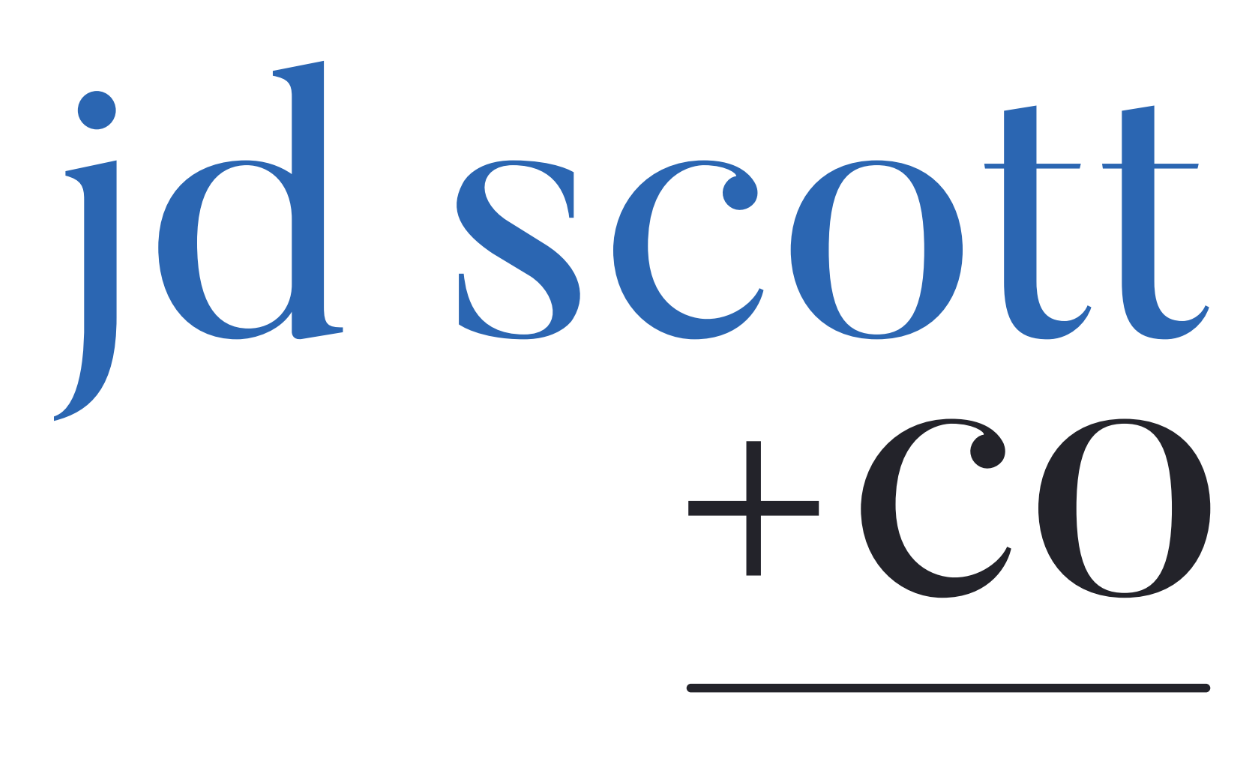If your business does not meet its superannuation guarantee (SG) obligations, it may have to pay additional penalties or charges on top of the superannuation guarantee charge (SGC).
Note! SG contributions are payable (that is, they must be received by the superannuation fund) by the 28th day of the month following the end of a quarter. If this is not done, the SGC is payable, and an SG statement must be lodged with the ATO by the 28th day of the second month following the end of a quarter.
What are the penalties for not meeting superannuation obligations?
The ATO recently published on its website an overview of the additional penalties and charges.
- Failure to provide an SG statement when required. The maximum penalty is 200% of the SGC. This penalty cannot be remitted to less than 100% if the SG shortfall relates to a quarter in the period from 1 July 1992 to 31 March 2018.
- False or misleading statement. If your business pays less of the SGC than it should because it made a false or misleading statement, the ATO can impose an administrative penalty. The base penalty amount can be up to 75% of the shortfall, depending on the particular circumstances.
- Avoidance. If your business made arrangements to avoid its SG obligations, an additional penalty may be imposed (on top of the SGC avoided).
- Director penalties. f you are a director of a company, you need to make sure the company pays the SGC in full by the due date. If it does not, you’ll be liable for a penalty equal to the unpaid amount. The penalty is reduced if the company pays the outstanding amount at any time. Under some conditions, it may be reduced if the company goes into voluntary administration or liquidation.
- General interest charge (GIC) – This is applied if an SGC assessment is made and the SGC is not paid by the due date. The GIC is calculated on a daily compounding basis.
- Choice shortfall – If your business does not comply with the choice of fund obligations, it could receive a ‘choice shortfall’ penalty. The penalty increases the SGC.
- Failing to keep adequate records – The maximum fine for an individual convicted of failing to keep records is 30 penalty units (a penalty unit is $222 where the infringement occurred on or after 1 July 2020).
- Failing to provide employee’s TFN to their superannuation fund – a penalty (10 penalty units) may be imposed if an eligible employee has provided a TFN to your business and your business does not provide it to the employee’s superannuation fund or retirement savings account within the required time.
For advice on how to never miss a SGC payment again check out our tips here .
Make sure you discuss your business’ SG and choice of fund obligations with us to make sure the business is fully compliant.












